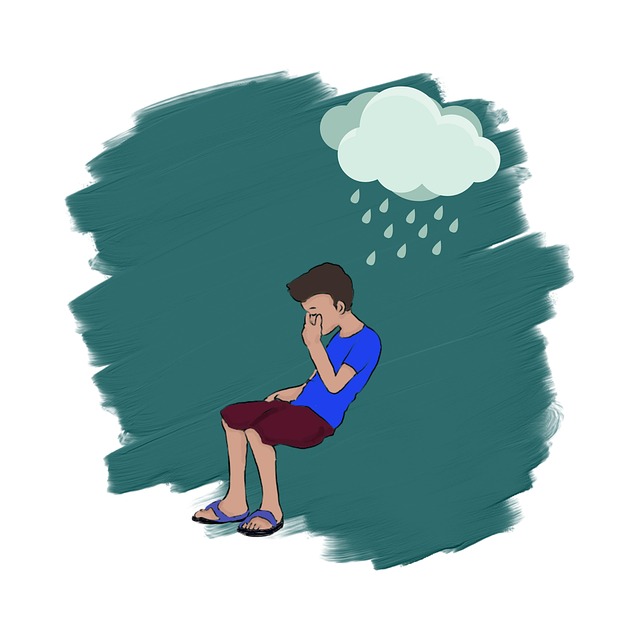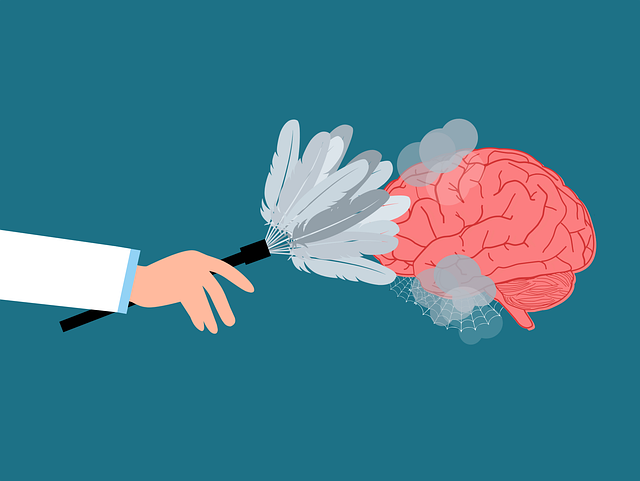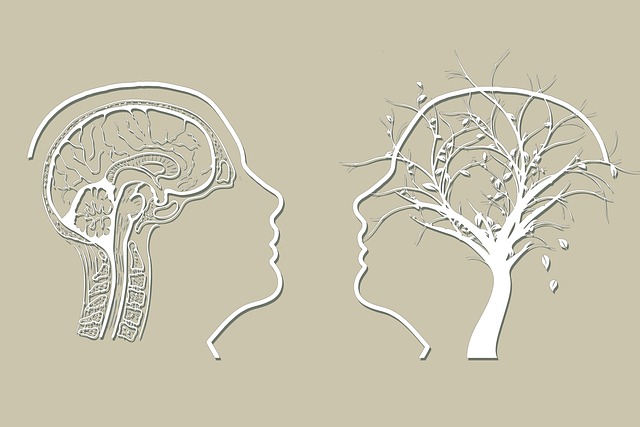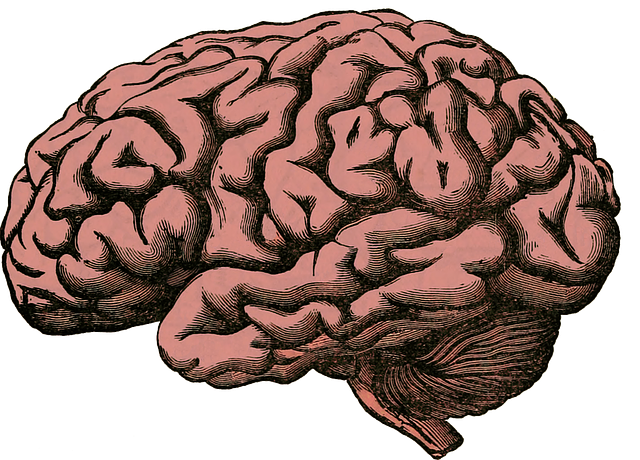Lafayette Post-Traumatic Stress Disorder (PTSD) Therapy focuses on empowering individuals with effective coping skills to manage stress, anxiety, and emotional well-being. This approach leverages evidence-based methods like cognitive behavioral therapy (CBT), mindfulness techniques, and mood management to counteract depression and burnout. By integrating these strategies into daily routines, clients develop resilience, navigate traumatic experiences more adaptively, and promote overall mental health recovery. Risk Management Planning for mental health professionals further supports this proactive coping skills development.
Coping skills development is a vital process for maintaining mental well-being, especially in managing stress and adversity. This article guides readers through an essential journey of understanding coping mechanisms, leveraging personal strengths, and adopting effective strategies to combat stress. We explore the Lafayette Post-Traumatic Stress Disorder (PTSD) Therapy approach, which offers practical techniques integrated into daily life. By identifying resources within and utilizing proven methods, individuals can enhance resilience and navigate challenging situations with greater ease.
- Understanding Coping Skills: An Overview
- Identifying Personal Resources and Strengths
- Effective Strategies for Stress Management
- Integrating Coping Techniques into Daily Life: Lafayette Post-Traumatic Stress Disorder Therapy Approach
Understanding Coping Skills: An Overview

Coping skills are the strategies we use to navigate life’s challenges and manage our emotional well-being. Understanding coping skills is crucial in addressing issues like Lafayette Post-Traumatic Stress Disorder (PTSD) Therapy, as it equips individuals with effective tools to overcome adversity. These skills play a pivotal role in depression prevention and burnout prevention, enabling people to respond to stressful situations adaptively and maintain mental health.
The concept encompasses various strategies, from cognitive reframing and problem-solving to emotional regulation techniques like mindfulness meditation. By learning these coping mechanisms, individuals can transform their reactions to difficult circumstances, fostering resilience and promoting a healthier mind. This proactive approach not only enhances overall well-being but also serves as a cornerstone in the process of personal growth and recovery.
Identifying Personal Resources and Strengths

In the journey towards coping skills development, individuals with Lafayette Post-Traumatic Stress Disorder (PTSD) Therapy can harness their personal resources and strengths as a foundation for healing. This involves recognizing inherent capabilities, such as resilience, adaptability, and problem-solving skills, which have proven invaluable in overcoming challenges. By tapping into these internal reserves, individuals can cultivate a sense of empowerment, enabling them to navigate traumatic experiences with greater ease.
Risk Management Planning for Mental Health Professionals is another crucial aspect. Through self-reflection and assessment, one can identify personal coping strategies that align with their unique needs. This proactive approach fosters mental health awareness and equips individuals with effective Stress Reduction Methods. Ultimately, recognizing and leveraging personal strengths paves the way for a more robust recovery process, offering a brighter outlook for those navigating PTSD.
Effective Strategies for Stress Management

In the quest for effective coping skills development, stress management is a crucial aspect that cannot be overlooked. Lafayette Post-Traumatic Stress Disorder (PTSD) Therapy offers valuable strategies to help individuals navigate and mitigate the impact of stress. One of the key methods is learning mindfulness techniques, such as meditation and deep breathing exercises, which enable people to stay present and reduce anxious thoughts. By incorporating these practices into daily routines, one can significantly improve their ability to handle stressful situations without resorting to unhealthy coping mechanisms.
Additionally, therapy introduces evidence-based stress reduction methods like cognitive behavioral therapy (CBT), which focuses on identifying and changing negative thought patterns contributing to stress and anxiety. This approach empowers individuals with the tools to manage their emotions effectively. Moreover, mood management techniques taught in these therapies can prevent depression by promoting a sense of balance and resilience in one’s emotional state.
Integrating Coping Techniques into Daily Life: Lafayette Post-Traumatic Stress Disorder Therapy Approach

Integrating coping techniques into daily life is a cornerstone of the Lafayette Post-Traumatic Stress Disorder (PTSD) Therapy approach. This method encourages individuals to adopt strategies that foster resilience and emotional well-being, which are crucial for effective PTSD management. Through personalized therapy sessions, clients learn to identify triggers and develop tailored coping mechanisms. These techniques range from mindfulness practices to cognitive reframing, enabling individuals to navigate stressors with enhanced inner strength development.
Mental health education programs designed by the Lafayette approach equip individuals with the knowledge and skills to regulate their emotions effectively. By participating in these programs, individuals gain a deeper understanding of their emotional responses, allowing them to make informed decisions about their mental health. This holistic strategy not only addresses symptoms but also empowers individuals to lead more fulfilling lives, thereby improving overall quality of life and emotional regulation.
Coping skills development is a transformative process that empowers individuals to navigate life’s challenges with resilience. By understanding personal resources, employing effective stress management strategies, and integrating techniques like those offered in the Lafayette Post-Traumatic Stress Disorder Therapy approach, one can enhance their ability to cope with adversity. These practices foster mental well-being and enable individuals to lead more fulfilling lives.














